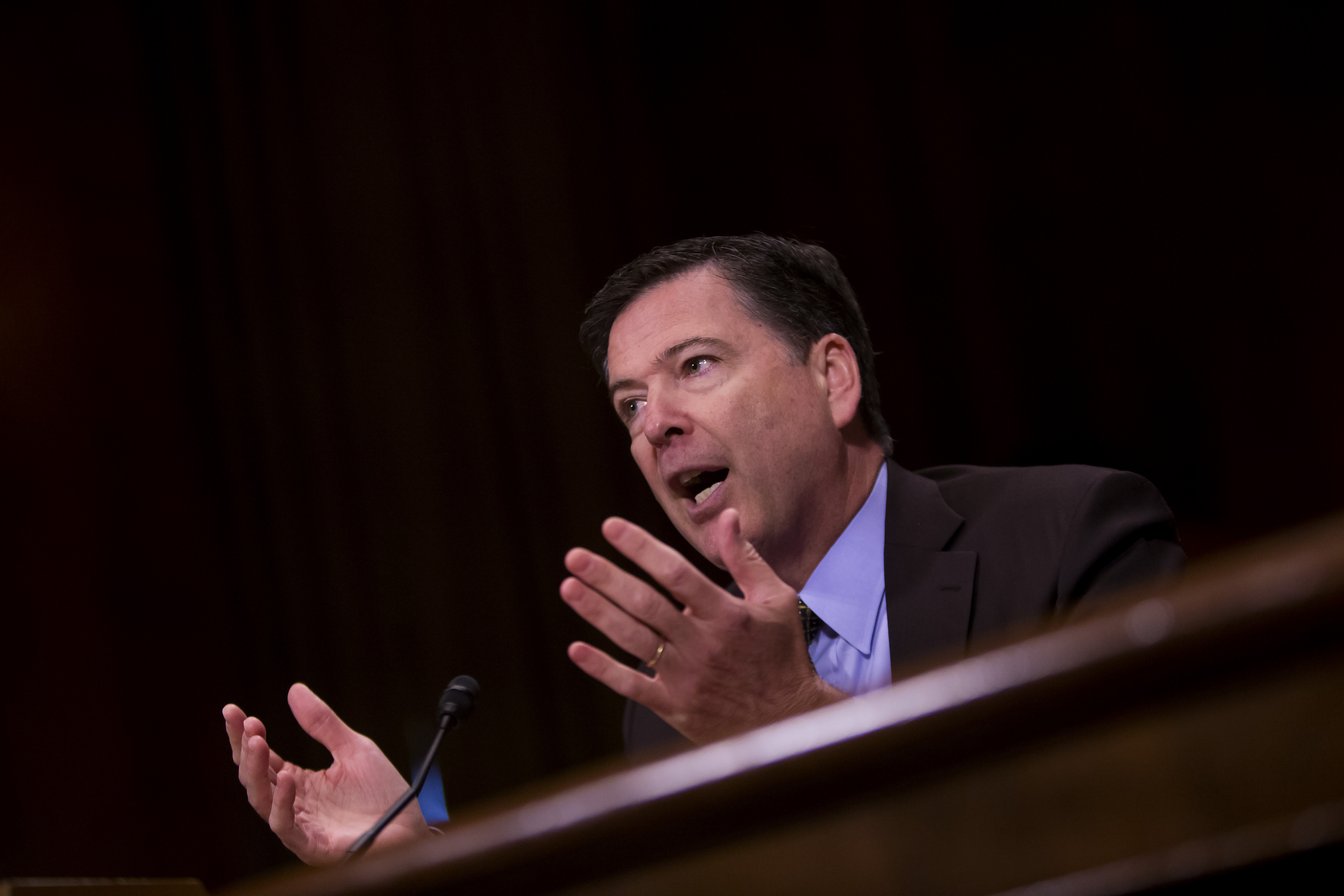Days before he was fired, Former FBI Director James Comey asked Deputy Attorney General Rod Rosenstein for more resources for the FBI’s investigation into the Trump campaign’s suspected ties to Russia, The New York Times reported Wednesday.
According to three officials with knowledge of the situation, Comey made the request last week during a meeting with Rosenstein. He briefed Congress on the meeting when he testified before the Senate Intelligence Committee a few days later.
Sarah Isgur Flores, a Department of Justice spokeswoman, told Business Insider that the Times story was “totally false,” but she did not elaborate. However, a congressional official told NBC News that Comey had briefed Congress about his request for more funding and personnel for the Russia investigation.
The Times’ report says Comey told members of Congress he was frustrated with the amount of resources that had been dedicated to the investigation.
President Donald Trump fired Comey on Tuesday. He said he based his decision on the advice of Rosenstein and Attorney General Jeff Sessions.
Rosenstein, Sessions, and other administration officials have said Comey was fired because he mishandled the FBI's investigation into Hillary Clinton's use of a private email server while she was secretary of state.
The president's advisers also have repeatedly said the president had "lost confidence" in Comey.
But other White House advisers say the president had become frustrated with the FBI's Russia probe and repeatedly asked why the investigation wouldn't go away. One adviser told Politico that Trump would sometimes scream at TV clips about the probe.
The White House was also reportedly taken aback by the level of uproar Comey's firing caused. According to Politico, Trump called several senators on Tuesday evening and believed his decision would be a "win-win" because of the criticism Comey had drawn from both sides of the aisle.
However, Comey's firing has sharply divided Democrats and Republicans. Democrats called the firing "Nixonian" and compared it to the "Saturday Night Massacre" in 1973. Many Republicans said that although they were troubled by the timing of the decision, it was still warranted.

